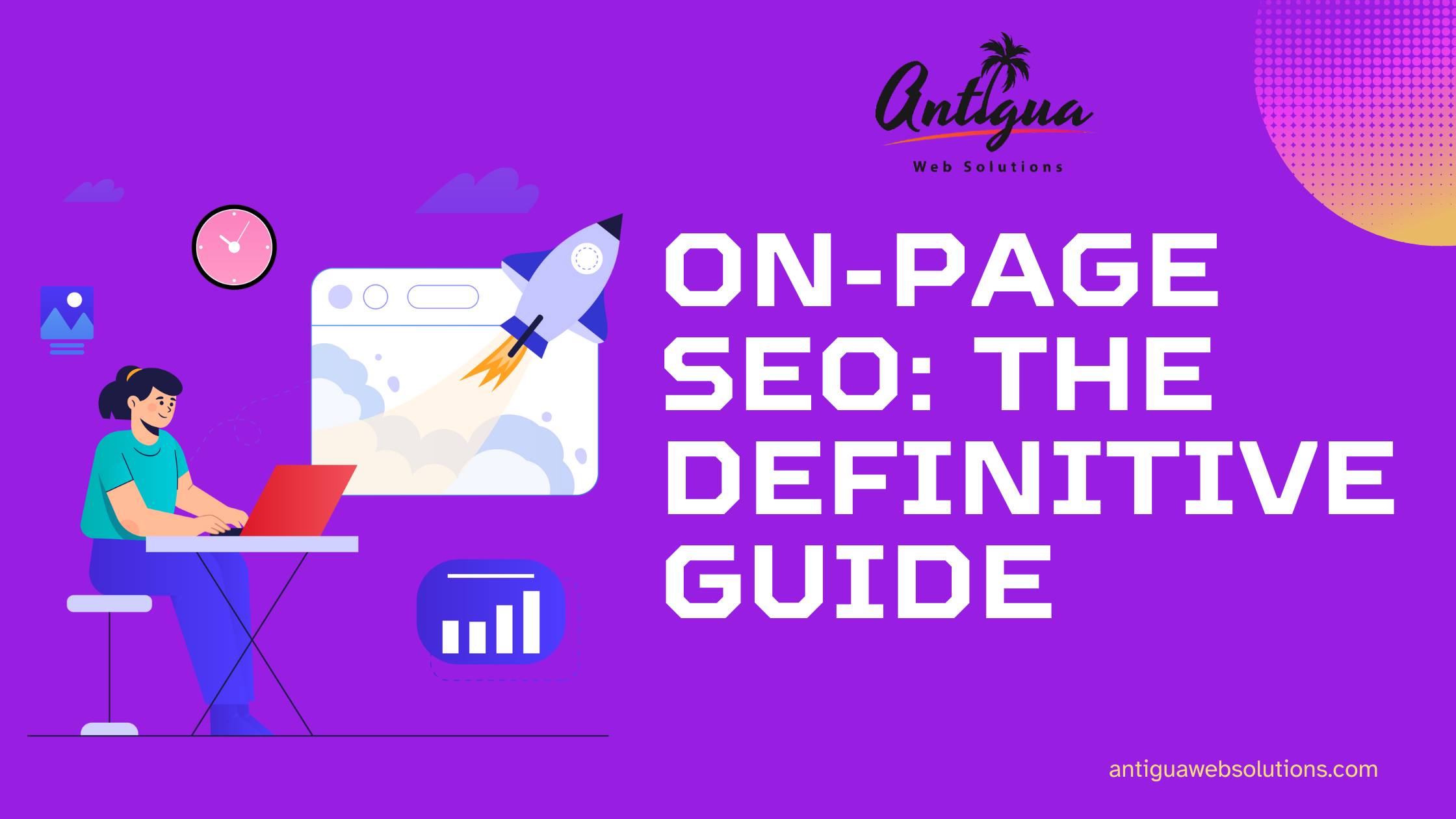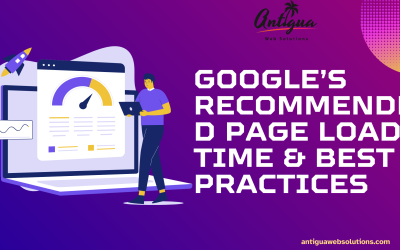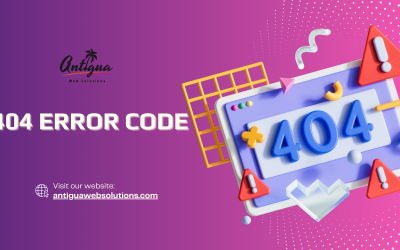Welcome to the ultimate guide to on-page SEO for 2025. If you’re looking to enhance your website’s search engine performance, this guide from Antigua Web Solutions provides actionable strategies and the best tools to help you succeed. Best SEO Tips and Tools for On-Page Optimization in 2025
Contents
- On-Page SEO Basics + Template
- Optimize Title and Description Tags
- Craft Captivating and Valuable SEO Content
- Optimize Your Content for SEO
- Optimize for CTR
- On-Page UX Signals
- Advanced On-Page SEO Tips
Chapter 1: On-Page SEO Optimization Basics + Template
What is On-Page SEO?
On-page SEO involves optimizing individual web pages to rank higher on search engine results pages (SERPs) and attract more organic traffic. This includes optimizing content, HTML elements, and website structure.
Why is On-Page SEO Important?
- Improves visibility: Higher rankings lead to more traffic.
- Enhances relevance: Helps search engines understand your content.
- Boosts user experience: Well-optimized pages create a seamless experience.
How to do On-Page SEO Optimization
- Conduct keyword research to identify primary and secondary keywords.
- Use an on-page SEO template that includes the following elements:
- Title tag
- Meta description
- URL
- Headers
- Content with LSI keywords
Chapter 2: Optimize Title and Description Tags
Make Click-worthy Titles
Titles are the first thing users notice. To create compelling titles:
- Keep them descriptive and concise (50-60 characters).
- Incorporate target keywords naturally.
- Use power words like “best,” “ultimate,” or “proven.”
Use Unique, Keyword-Rich Meta Descriptions
Meta descriptions summarize your page content and encourage clicks. Effective meta descriptions:
- Are between 150-160 characters.
- Include primary keywords.
- End with a call to action like “Discover more” or “Get started today.”
Chapter 3: Craft Captivating and Valuable SEO Content
Embrace Uniqueness
Original content is key to avoiding penalties and gaining credibility. Avoid duplicate content by:
- Writing fresh, unique articles.
- Offering insights that competitors lack.
Valuable Content
Value-driven content answers user queries effectively. Leverage tools like Google’s “People Also Ask” to identify common questions.
Satisfy Search Intent
Understand whether users are seeking information, products, or solutions and tailor your content to meet those needs.
Chapter 4: Optimize Your Content for SEO
Use Your Target Keyword In The First 100 Words
Search engines prioritize the opening lines of your content. Include your primary keyword early.
Wrap Your Keywords Into Headings
Structure your content using headings (H2, H3, etc.) that naturally include your keywords.
Keyword Frequency
Maintain a natural keyword density (1-2%) without overstuffing.
Use External (Outbound) Links
Linking to authoritative sources boosts credibility. For instance, referencing Google Search Central demonstrates trustworthiness.
Optimize Your URLs for SEO
Create short, keyword-rich URLs. Avoid unnecessary characters or parameters.
Chapter 5: Optimize for CTR
Use “Question Title Tags”
Titles that pose questions often perform better, especially for voice search.
Fill In Missing Meta Descriptions
Tools like Screaming Frog help identify pages lacking meta descriptions for optimization.
Add Some Emotion to Your Title Tags
Engage readers by incorporating emotional triggers like “amazing” or “life-changing.”
Add the Current Year to Title and Description
Including 2025 in your titles signals that your content is up-to-date and relevant.
Chapter 6: On-Page UX Signals
Push Content Above the Fold
Display essential content upfront to reduce bounce rates.
Chunk Your Content
Break text into short paragraphs for improved readability.
Have an Active Community
Encourage user interaction through comments, discussions, and reviews.
Chapter 7: Advanced On-Page SEO Optimization Tips
Use Original Images
High-quality, original images enhance your content. Optimize them with descriptive file names and ALT tags.
Internal Linking
Strengthen your site structure by linking to relevant internal pages. This boosts navigation and SEO.
Write Comprehensive Content
Cover topics in-depth. Include FAQs, step-by-step guides, and data to establish authority.
Boost Your Page Speed
Use tools like Google PageSpeed Insights to identify and fix speed issues.
Image Optimization
Compress images and use modern formats like WebP for faster load times.
Rank Your Content In Featured Snippets
Structure answers in bullet points or numbered lists to increase your chances of appearing in featured snippets.
Voice Search SEO
Focus on long-tail keywords and natural language queries.
Regularly Monitor and Update Content
Keep your content fresh and relevant by updating it regularly.
Conclusion
Mastering on-page SEO is essential for improving your website’s ranking and attracting more organic traffic. By implementing the strategies outlined in this guide, you can align with the latest search engine standards and stay ahead of the competition. Remember, SEO is an ongoing process that requires regular updates and refinements.
FAQ
What is the most crucial factor in on-page SEO Optimization?
The quality and relevance of your content are paramount.
How often should I update my content?
Aim to update your content every 6-12 months to maintain its relevance.
Are meta descriptions still important?
Yes, well-crafted meta descriptions improve click-through rates (CTR) and provide context to search engines.





